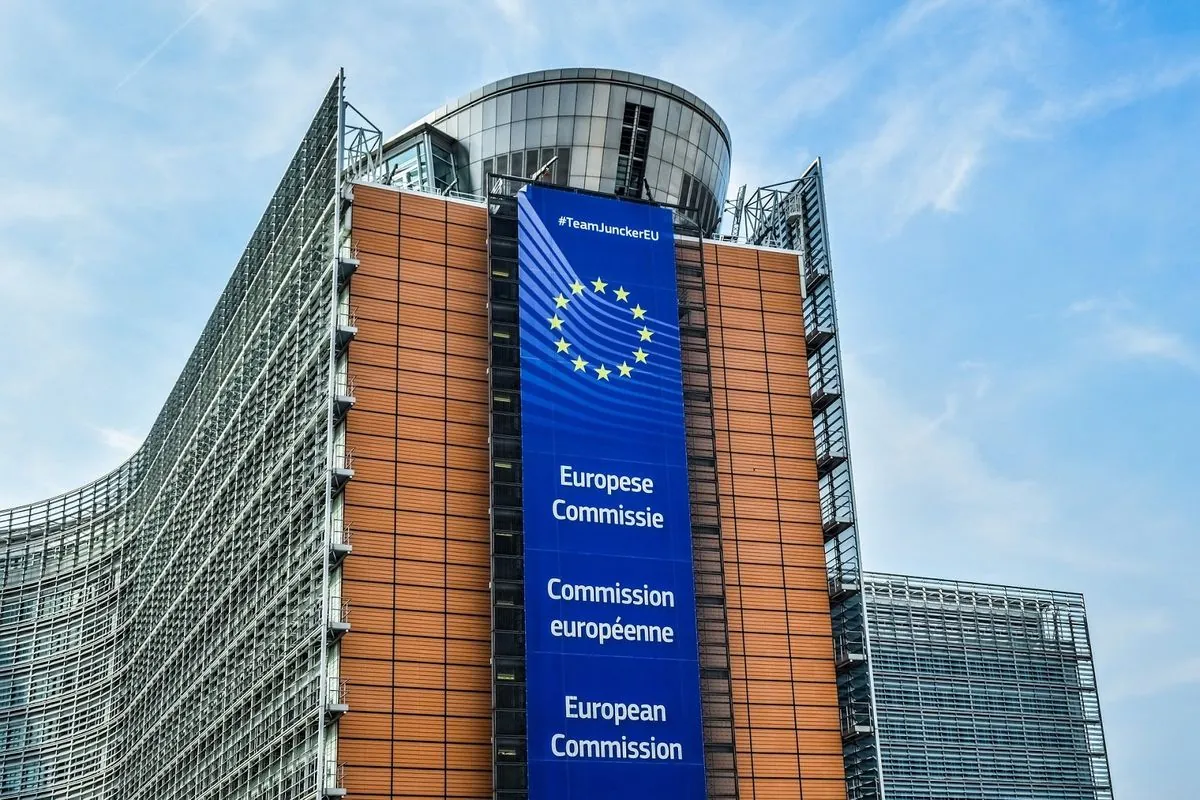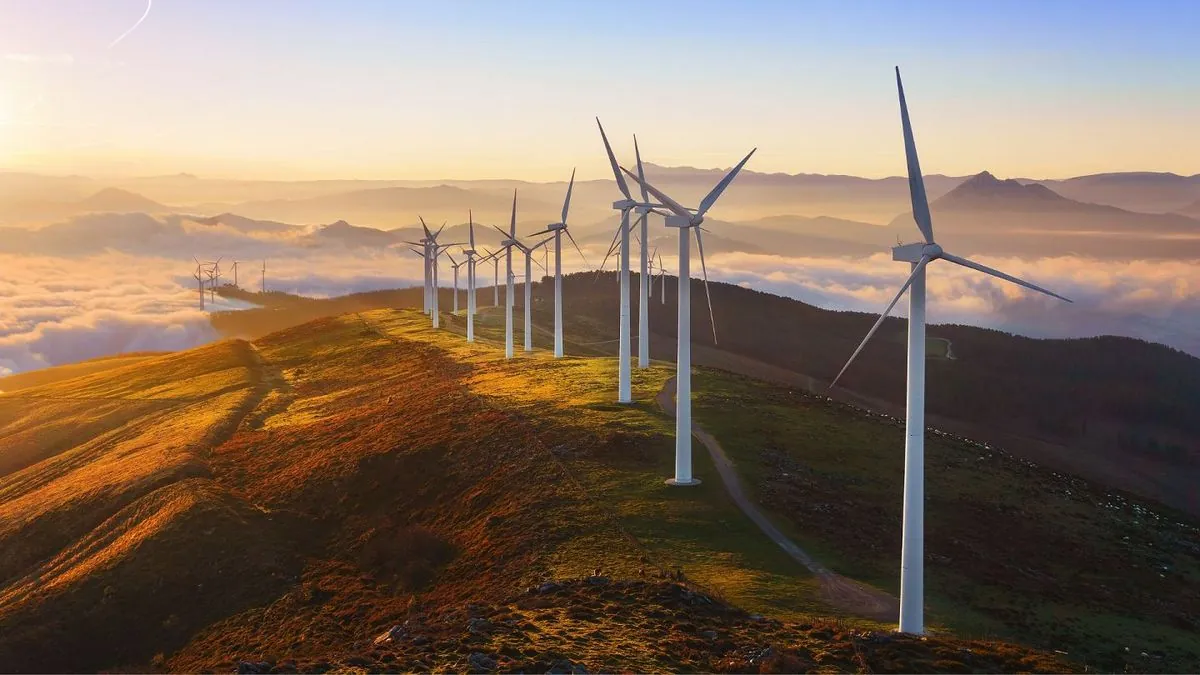EU's New Climate and Competition Chiefs to Spearhead Clean Industrial Deal
European Commission unveils new team focused on climate and competitiveness. Climate chief to set emission targets, while competition head supports EU businesses against foreign subsidies.

The European Commission has unveiled its strategy to address climate change and boost competitiveness, assigning key roles to new climate and competition chiefs. This move comes as the EU faces challenges from climate change, the ongoing conflict in Ukraine, and China's growing influence.
Ursula von der Leyen, President of the European Commission, introduced her team on September 16, 2024, outlining their mission for the next five years. The appointments reflect the EU's commitment to tackling global issues while strengthening its economic position.
Wopke Hoekstra, the newly appointed climate chief, has been tasked with several crucial objectives:
- Enshrining the EU's 90% emission reduction target for 2040 into law
- Directing investment towards net-zero infrastructure
- Eliminating tax incentives for fossil fuels
- Accelerating the development of a unified carbon market
These goals align with the EU's broader ambition to achieve climate neutrality by 2050, as outlined in the European Green Deal.

In the realm of competition, Teresa Ribera Rodriguez will focus on:
- Supporting small EU businesses in the renewable energy sector
- Enforcing regulations against foreign subsidies
- Protecting midcap companies from "killer acquisitions" by foreign entities
The EU's concerns about China's subsidized electric vehicles entering its market highlight the need for robust competition policies. This issue underscores the complex relationship between trade, competition, and environmental goals in the global economy.
To address bureaucratic challenges, von der Leyen has set targets to reduce reporting burdens for companies by at least 25%, with a 35% reduction for small and medium enterprises. This initiative aims to streamline processes and enhance the EU's competitiveness on the global stage.
The new "clean industrial deal" will be overseen by Stephane Sejourne, the executive vice president for industry. This comprehensive approach seeks to integrate climate goals with industrial policy, fostering innovation and growth in clean technologies.
The EU's ambitious plans come at a critical time, as the bloc faces increasing competition from the United States and China in the clean technology sector. The lack of a unified capital market within the EU has hindered the growth of new industry leaders, a challenge that the new Commission team aims to address.
As the EU works towards its climate goals, it continues to grapple with infrastructure constraints, particularly in power grids and permitting processes. These challenges have slowed progress and increased costs in the transition to renewable energy sources such as wind and solar.
The success of this new strategy will depend on the EU's ability to balance environmental ambitions with economic competitiveness, while navigating complex global relationships and internal structural challenges.


































